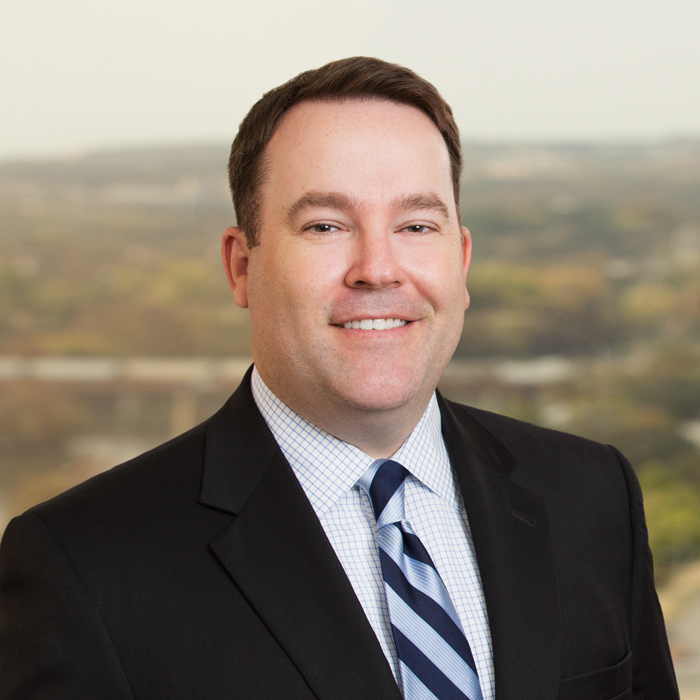Two years ago, the EPA adopted the New Source Performance Standards (NSPS) Subpart OOOOa (commonly known as the Methane Rule), which allowed the EPA – for the first time – to regulate directly the emissions of methane gas from oil and gas operations. On September 11, 2018, the EPA released its proposed rule reversing significant aspects of the Methane Rule.
Previous Attempts to Limit Application of the Methane Rule
In April 2017, the EPA announced its intention to impose a 90-day moratorium on implementation of certain aspects of the Methane Rule, including the fugitive emission requirements at well sites and compressor station sites, pneumatic pump standards, and the requirements for certification by a professional engineer. The moratorium was officially published in the Federal Register on June 5, 2017, but was never subject to formal rulemaking processes.
Shortly after,on June 16, 2017, the EPA published a notice of proposed rulemaking to implement a more robust two-year stay of the fugitive emissions, pneumatic pump, and professional engineer certification requirements in the Methane Rule while the Agency reconsidered those aspects of the rule. The EPA also stated that during the reconsideration process, it would look broadly at the entire Methane Rule.
On July 3, 2017, the U.S. Court of Appeals for the D.C. Circuit vacated the EPA’s 90-day stay, holding that the stay of the Methane Rule compliance dates is “tantamount to amending or revoking a rule,” and that “[a]bsent the stay, regulated entities would have had to complete their initial monitoring surveys by June 3 and repair any leaks within thirty days.” While the motion to vacate the EPA’s 90-day stay was granted, the Court emphasized that nothing in its opinion limits the EPA’s authority to reconsider the oil and gas standards and to proceed with its June 16, 2017, proposed stays of certain requirements of the rule.
Revisions to the Methane Rule
The Proposed Amendments address technical issues and clarify certain requirements in the Methane Rule. Perhaps the most significant change is to the frequency of monitoring fugitive emissions at well sites and compressor stations. The 2016 NSPS required that owners/operators develop and implement a fugitive emissions monitoring plan at oil and natural gas well sites and at compressor stations. The Proposed Amendments modify the schedule for fugitive emission monitoring and for making repairs and allowing owners/operators to apply to conduct the surveys using emerging technologies. The Proposed Amendments largely extend the time between operators’ monitoring obligations. For instance, the monitoring frequency of well sites was changed from a semiannual requirement to annual or biennial monitoring, depending on the production level of the well site. Further, the Proposed Amendments lengthen the time for owners/operators to complete repairs of leaking components from 30 days to 60 days after fugitive emissions are detected. Additionally, the Proposed Amendments aim for improved alignment with state programs. Thus, owners/operators may choose to base fugitive emissions monitoring and repair plans on requirements from certain states, instead of the requirements of the NSPS. The states include California, Colorado, Ohio, Pennsylvania, Texas (well sites only), and Utah (well sites only).
The EPA’s regulatory impact analysis estimates that the Proposed Amendments will save the oil and gas industry up to $75 million per year, or a total of $484 million from 2019 through 2025 (3 percent discount rate). The EPA’s analysis also indicates that savings are estimated at $73 million a year, for a total of $424 million for the 2019-2025 time period (7 percent discount rate).
Interested parties may participate in the rule-making process by submitting public comments. The EPA will take public comment on the Proposed Amendments for 60 days after the Proposed Amendments are published in the Federal Register and will hold a public hearing in Denver.
If you have any questions regarding this rule, please contact Michael J. Nasi, Amy L. Baird, Joseph A. “Tré” Fischer, Benjamin R. Rhem, or Alisha Mehta.
Meet Our Team
Jackson Walker has been a leader in energy law for more than 100 years. Our Energy attorneys represent energy clients in a broad range of federal and state regulatory matters, including interstate and intrastate natural gas pipelines and storage companies, LNG facilities, electric utilities, exempt wholesale generators, and Public Utility Regulatory Policies Act (PURPA) qualifying facilities. Our attorneys are regularly in contact with state and federal regulators regarding environmental matters, and are intimately familiar with the policies and procedures of the Environmental Protection Agency and Texas Commission on Environmental Quality (TCEQ).




